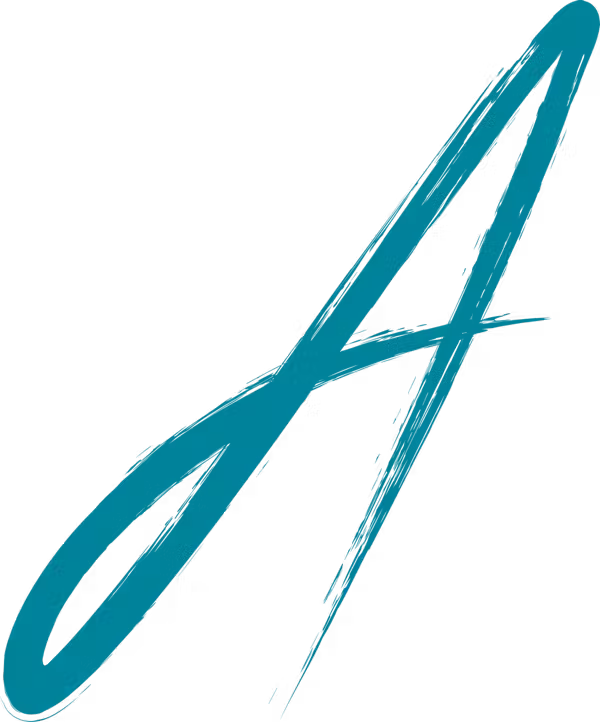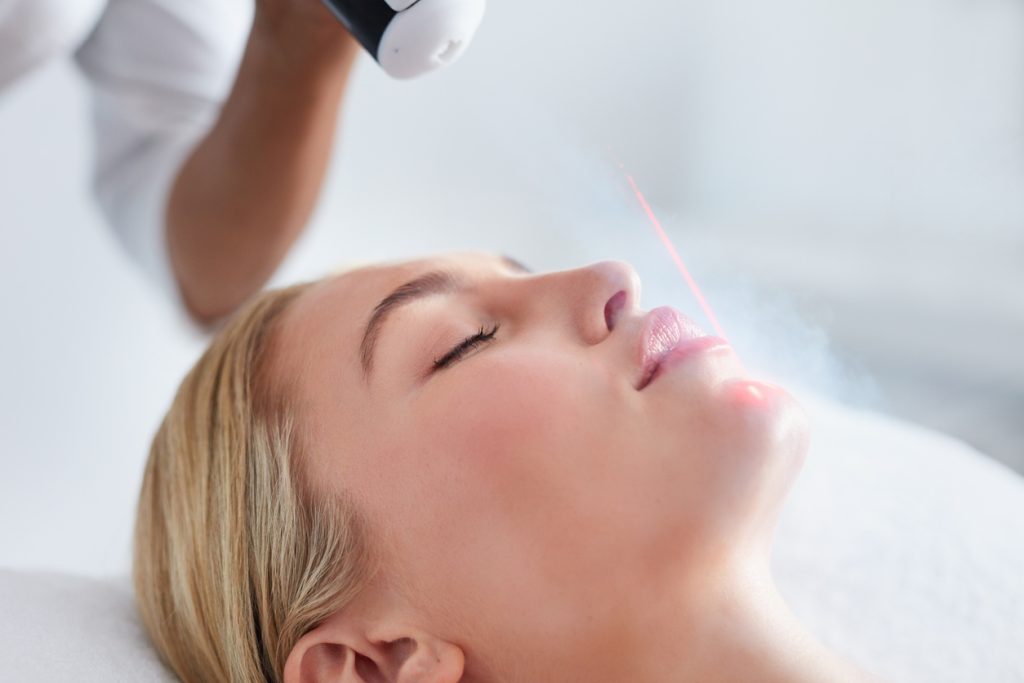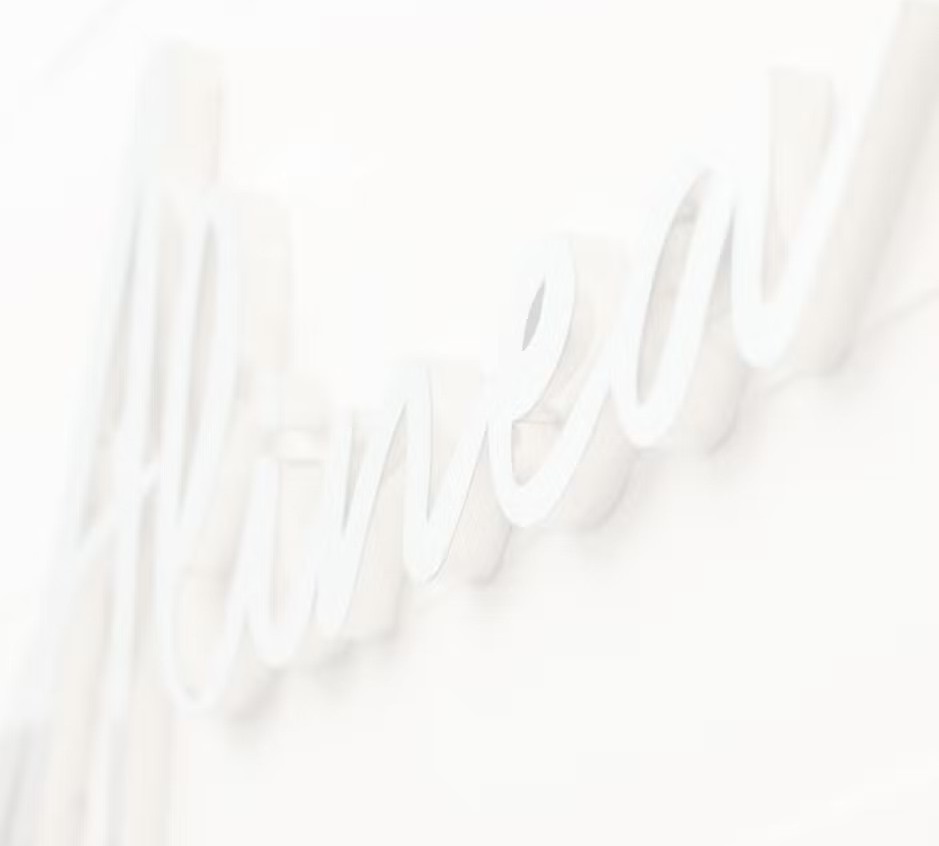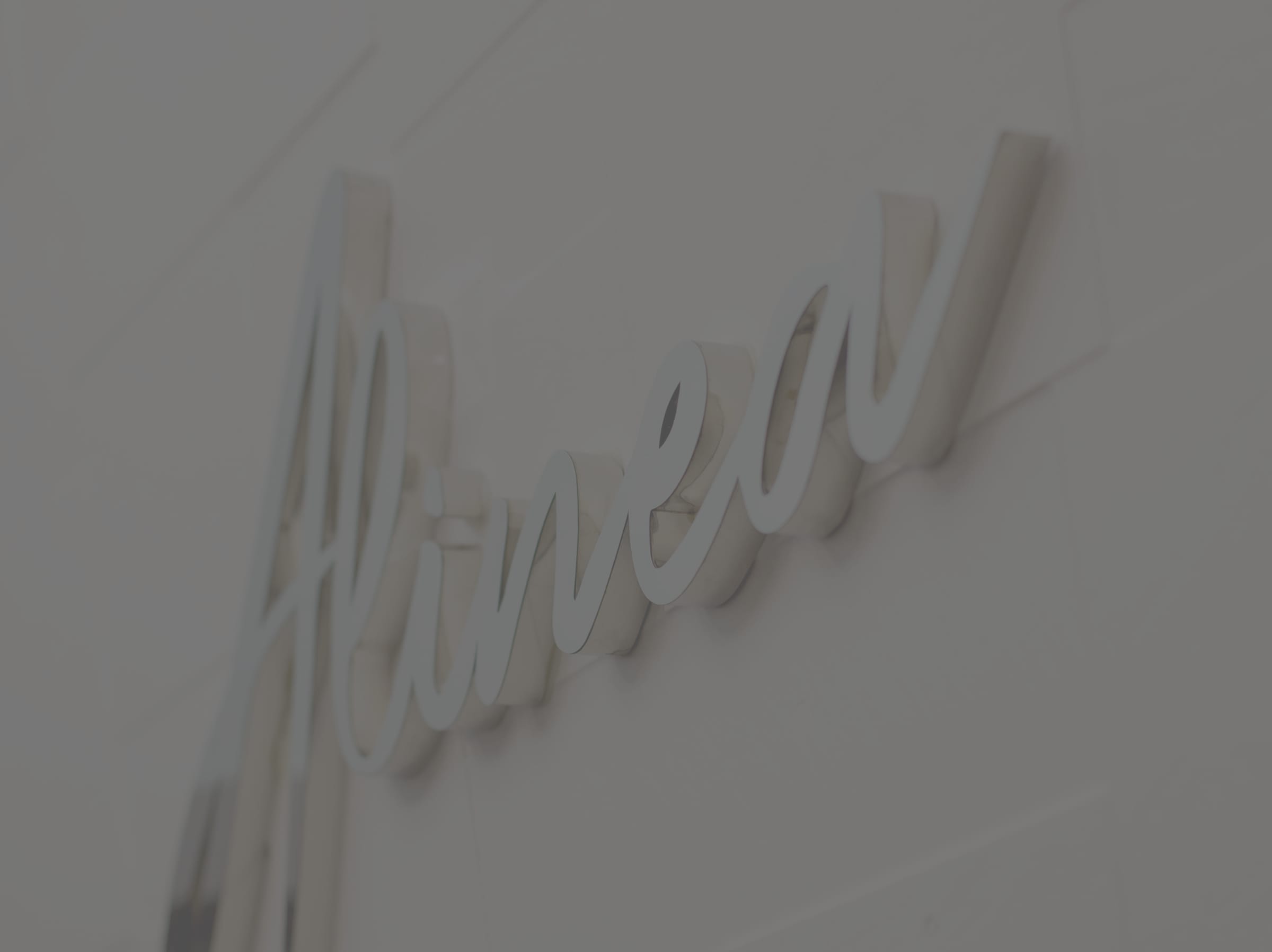
The science and benefits of laser skin resurfacing
Laser skin resurfacing is a cosmetic treatment that utilizes laser technology to improve the appearance of the skin. This non-invasive treatment is designed to address a wide array of skin concerns, such as wrinkles, fine lines, acne scars, sun damage, and uneven skin tone. Laser skin resurfacing works by removing the top layers of skin, which stimulates new skin cell and collagen growth.


What is laser skin resurfacing?
Laser skin resurfacing is a cosmetic treatment that involves removing the outer layers of skin to reveal smoother, younger-looking skin underneath. The treatment can address various skin issues, including wrinkles, scars, acne scars, age spots, and an uneven skin tone.
What does laser skin resurfacing entail?
During a laser skin resurfacing session, a laser is emitted to the skin’s surface to remove the outer layers. This process simultaneously triggers new cell growth, which improves the skin’s texture and tone. The advantage of laser treatments is that the laser can be calibrated for different depths of the skin, depending on the needs of the patient.
There are two main types of laser skin resurfacing: ablative and non-ablative. Ablative laser resurfacing targets and removes the outer layers of skin, while non-ablative laser resurfacing is able to affect the deeper layers of skin without harming the upper layers.

What are the benefits of laser skin resurfacing?
Laser skin resurfacing offers many benefits. Some of them include:
- Improved skin texture: By removing dead skin cells from the outer layers and stimulating collagen production, the skin’s texture sees major improvements.
- Reduced wrinkles and fine lines: The removal of dead skin and new collagen production leads to smoother and younger-looking skin.
- Reduced pigmentation: Pigmentation issues such as age spots and sun damage can be greatly reduced.
- Reduced acne scars: Acne scars and other types of scarring can be smoothed out, leaving the skin looking clearer and healthier.
- Minimal downtime: Laser skin resurfacing generally comes with a shorter recovery time than other skin renewing procedures.
Who is a candidate for laser skin resurfacing?
Laser skin resurfacing in New York is a viable treatment option for patients who are looking to improve the overall appearance of their skin. That said, it might not be right for everyone.
Ideal candidates for laser skin resurfacing should:
- Be in good health: Candidates should be free from any major health conditions that could lead to complications during the treatment or recovery period.
- Have skin imperfections: Laser skin resurfacing is primarily designed for patients who have noticeable skin imperfections, such as wrinkles, fine lines, age spots, acne scars, or other types of scarring.
- Not be pregnant: Laser skin resurfacing is typically not recommended for women who are pregnant.
- While laser skin resurfacing is an incredibly effective means of improving the appearance of one’s skin, not everyone will make for a good candidate. Patients with certain medical conditions, such as diabetes or a weakened immune system, are usually not considered to be good candidates for the procedure.
- Beyond that, patients who have darker skin tones may be at an increased risk of developing hyperpigmentation or scarring. This is simply due to the fact that laser technology relies on color contrast to target the problem areas in the skin and treat them.
- It is important for patients to talk about their medical history and skin concerns with the practitioner prior to undergoing the treatment.
What is the recovery process like for laser skin resurfacing?
Laser skin resurfacing is usually performed on an outpatient basis, meaning that the patient is released on the same day. While the procedure can cause some discomfort, it is mild and can be easily tolerated with pain medications. Recovery time will vary depending on the type of laser used in the treatment and the treatment depth. That said, most patients are able to get back to work and their regular routines after just a week or two.
Overall, laser skin resurfacing is a safe and effective way to improve the appearance of the skin.

Why choose Alinea Medical Spa for laser skin resurfacing?
At Alinea Med Spa, our team is committed to delivering exceptional results. Led by expert clinician Dr. Ammar Mahmoud, we have performed countless surgical and non-invasive procedures, enabling our patients to achieve their desired cosmetic goals. Our practice is not only renowned for our dedication to excellence, but also for the compassion we extend to our patients. Doctors Mahmoud, Kanaan, and Yung do everything in their power to ensure that every patient feels comfortable throughout the treatment process.
Contact us today to schedule a private consultation and discover how laser skin resurfacing in NYC can benefit you.
Laser skin resurfacing
at Alinea Medspa
Laser Skin Resurfacing FAQ
How does laser skin resurfacing work?
During laser skin resurfacing, a specialized device emits pulses of light toward areas of skin irregularity. The treatment is highly precise, removing damaged tissue layer by layer. The two most common laser types are CO2 and erbium. They both safely vaporize compromised skin cells while leaving healthy skin cells intact.
What are the possible complications of laser skin resurfacing?
After laser skin resurfacing, patients may experience the following: – Minor swelling – Small white bumps, called milia, which can be removed with a gentle cleanser – Hyperpigmentation, which can be treated with skin-bleaching creams – The resurfacing of an old cold sore, especially if the laser procedure has been performed near the mouth – Mild scarring (rare)
How should I care for my skin after my laser resurfacing session?
Patients can use an ice pack after their treatment to help ease discomfort. They should sleep with an extra pillow at night to keep the treatment area elevated for the first 24-48 hours, which will help reduce swelling. Using a daily broad-spectrum sunscreen is essential, as you must protect the newly resurfaced skin from harmful UV rays. Apply moisturizer liberally but avoid Retin-A and/or glycolic acid for around six weeks. Smoking is a no-no after laser skin resurfacing because it compromises the healing process.





